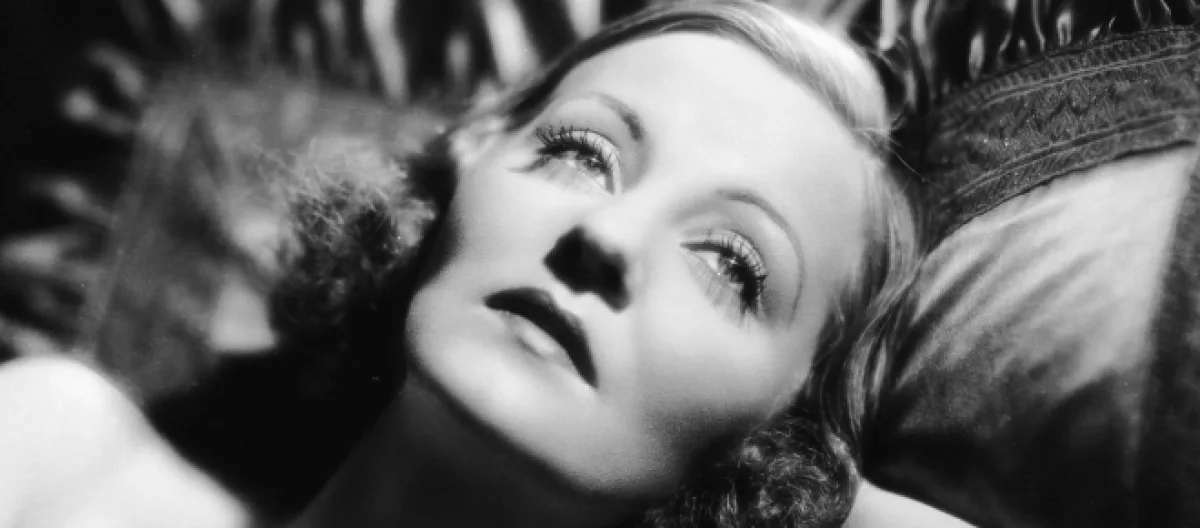Many classic old movies are today considered family entertainment because they were strict on how much (or how little) naughty behavior could be shown. Sex, prostitution and promiscuity were never shown on screen and may have only been referred to in dialogue after 1934 when the industry began strict enforcement of the Motion Pictures Production Code. And nudity was completely out.
But before that, in the years beginning with the introduction of sound in 1929, the industry had a period of freedom where “pre-code movies” allowed many elements, including nudity, that would be banned later. The Castro Theatre in San Francisco Bay Area will show several of these films in a six-week festival called “Hollywood Before the Code: Sex! Crime!! Horror!!!” that will run on consecutive Wednesdays from Feb. 24 through March 30.
“Roughly around 1930 to the early part of 1934 where Hollywood was making films that were so unbridled in their approach to very adult themes and ideas where you had women characters were more often than not prostitutes, criminals were getting away with murder, people were taking dope on screen,” said festival coordinator Elliot Lavine in an interview.
He said this things would ultimately lead to blow-up between the industry and theater owners.
Moviegoers finally said they'd had enough. "They were fed up with this kind of lascivious, lurid entertainment," said Lavine. "And they said, 'If you keep making films like this, we're not going to patronize your theaters.' Hollywood finally heard this and they said we have to begin policing ourselves.” Around April of 1934, Hollywood made major changes and came up with an entire agenda of restrictions that film makers had to follow.
The whole temperament of the movies changed radically. But films like the ones shown at the San Francisco festival are what movies were like before the changes. One of the films to be shown at the festival is 1931's “Dr.
Jekyll & Mr. Hyde” starring Fredric March in a version pre-dating the Spencer Tracy remake. The March film includes an incredible transformation sequence of Jekyll into Hyde and a sensuous bedroom scene that includes a glimpse of nudity.
Another festival highlight is “Three on a Match,” which stars Joan Blondell, Bette Davis and Humphrey Bogart in a story about three women friends. One of the women goes from a life of wealth to tragedy when she becomes consumed by drugs and alcohol. Also being shown in “Downstairs,” from 1932, starring John Gilbert, Hedda Hopper, then an actress, and Reginald Owen in a story about a scheming chauffeur who makes extensive use of sex and blackmail.
The complete schedule of films: Feb.
24: “Scarface” (1924) and “Two Seconds” (1932); March 2: “Torch Singer” (1933), “Three On a Match” and “The Cheat” (both from 1932); March 9: “Shanghai Express” and “Safe In Hell”; March 16: “I Am a Fugitive From a Chain Gang” and “Wild Boys of the Road” (both from 1932); March 23: “Bitter Tea of General Yen” (1933) and “Downstairs” (1932); March 30: “Island of Lost Souls” (1932), “Dr. Jekyll & Mr. Hyde” (1931) and “Freaks” (1932).
Also see a review of "Neerja" and Meryl Streep attacks film industry boardrooms.
